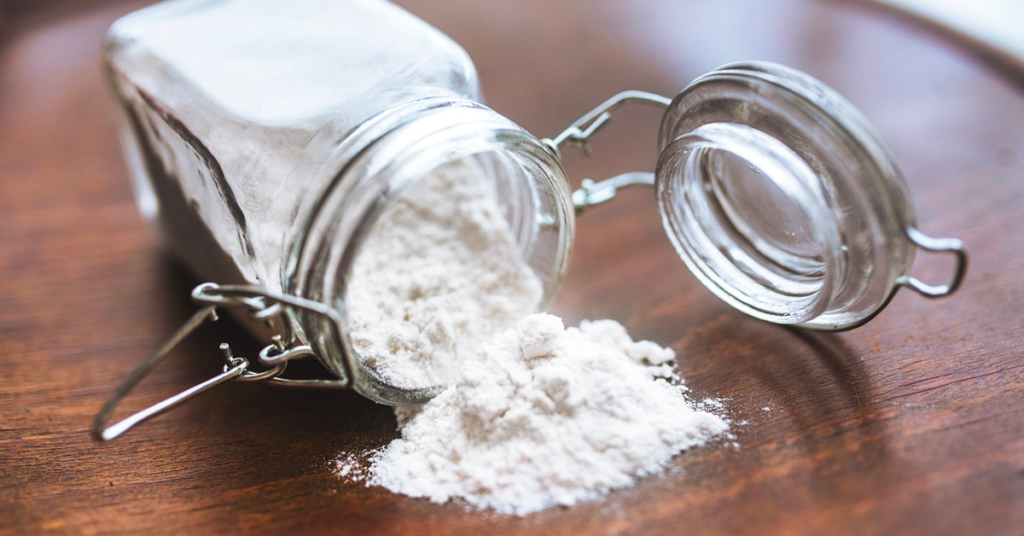
Non-Surgical Blog
Ten Foods You Shouldn’t Find in Your Pantry – Part 3
April 24, 2020

In part three of this series, we were looking at another set of potentially harmful foods and food ingredients to keep out of your kitchen and your lifestyle. Here at Chattanooga Integrated Medicine Center, we specialize in the whole person, not just chiropractic, not just joint pain, and not just knee and back problems. We have a number of programs and services designed to help your body heal itself. And we don’t neglect considering your blood chemistry and nutrition when we evaluate your health. Speaking of nutrition, continuing our series, here are the next set of problem foods in our list:
PORK – You mean that “white meat” we’ve been told is the alternative to too much red meat? Yes. Pigs are scavengers and eat pretty much everything they find, toxic or not. The real problem though is pork takes longer to digest than any other meat. The longer the meat takes to digest, the more digestive enzymes are exhausted.1 This may mean any toxins passed from the animal to the meat have a better chance of passing on to you. This also means, longer digestion can create a proinflammatory state in your gut as food ferments. It is best to limit pork intake for these reasons.
PROCESSED FLOUR – If this blog article had been written at Thanksgiving or Christmas, we’d fully expect an uproar. However, it is true, processed flour holds a number of problems in store for us. Processed flour is highly refined, sometimes bleached, meaning refinement removes the bran and the germ from the whole grain, leaving only the starchy endosperm and no nutritional value and no fiber. Processed flour is also highly acidic, a pro-inflammatory, can cause Celiac Disease in some individuals and Influences common conditions such as: hemorrhoids, hernia, GI reflux and diverticulitis.
MONOSODIUM GLUTAMATE (MSG) – Any Chinese food enthusiasts in the crowd? MSG is a flavor enhancer commonly added to Chinese food, canned vegetables, soups and processed meats. The Food and Drug Administration (FDA) has classified MSG as a food ingredient that’s “generally recognized as safe,” but its use remains controversial.2 While most researchers will consider small amounts of MSG “safe”, consumption of MSG has been linked to itching, hyperactivity, headache, and swelling of the tongue and throat.3
Call us for an appointment if you are experiencing unusual symptoms such as headaches, body aches, knee pain, back pain, or joint pain. 423-499-0003. To learn more about our integrated approach to your health or services like functional blood testing, visit our website: integratedmedicinecenter.com.
Next week, we wrap up the ten foods to avoid with our top two and share our recommended replacement foods. Don’t miss it!
1 Norton, Dr. Renee J., Digesting Animal Protein. Eating Disorder Pro, 2012.
2 Zeratsky, Katherine R.D., L.D., What is MSG? Is it bad for you? Mayo Foundation for Medical Education and Research (MFMER), March 20, 2018.
3 Hewings-Martin, Ph.D., Yella. MSG: More Than a Food Additive. Medical News Today. July 28, 2017.

Search our blog posts: